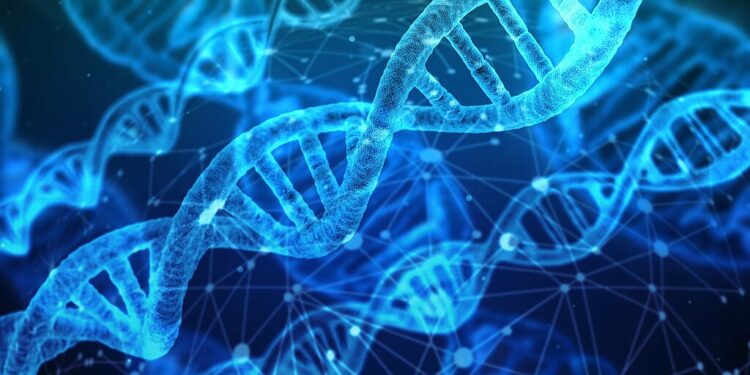What Is The Primary Structural Difference Between RNA And DNA?
A recent study has revealed that while AI is not yet significantly improving doctors’ ability to diagnose complex conditions, it can still be a powerful tool when used independently. The study, published in JAMA Network Open, found that physicians using ChatGPT Plus for assistance did not show a notable improvement in diagnostic accuracy compared to those not using AI. However, the AI system alone demonstrated much higher diagnostic accuracy when diagnosing independently, outperforming the doctors.
Dr. Andrew Parsons, a researcher involved in the study and clinical skills educator at the University of Virginia School of Medicine, explained that the results were unexpected. While the inclusion of a human doctor alongside AI did not improve diagnostic accuracy, it did lead to increased efficiency. This outcome suggests that formal training might be necessary for medical professionals to effectively integrate AI into their diagnostic processes.
The study involved 50 doctors who were asked to diagnose real patient cases based on detailed medical histories, physical exams, and lab results. Participants were randomly divided into two groups: one that diagnosed using only traditional methods and another using ChatGPT Plus to assist with their diagnoses. Doctors using the AI tool diagnosed correctly 76% of the time, while those not using it were accurate 74% of the time. However, those using AI made their diagnoses slightly faster, averaging 8.6 minutes versus 9.4 minutes for the non-AI group.
When ChatGPT Plus was given the case studies without human input, it achieved an impressive diagnostic accuracy of over 92%. Despite this, the researchers caution that this high accuracy may not fully reflect real-world conditions where AI would need to diagnose patients in real-time, without the benefit of detailed case studies.
The study emphasizes the need for further research into AI’s role in medical diagnostics, particularly in understanding its impact on treatment decisions and patient outcomes. Dr. Parsons highlighted the importance of optimizing the collaboration between AI and healthcare professionals to enhance patient care and the physician experience as AI becomes more integrated into the healthcare system.

































Discussion about this post